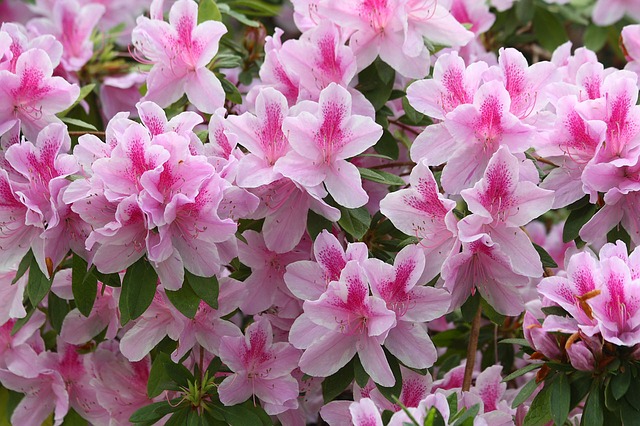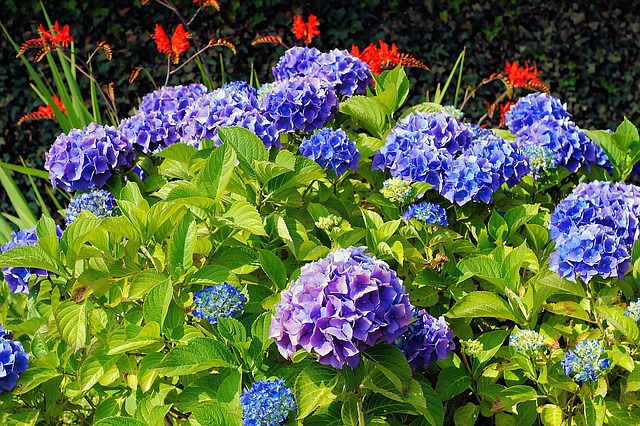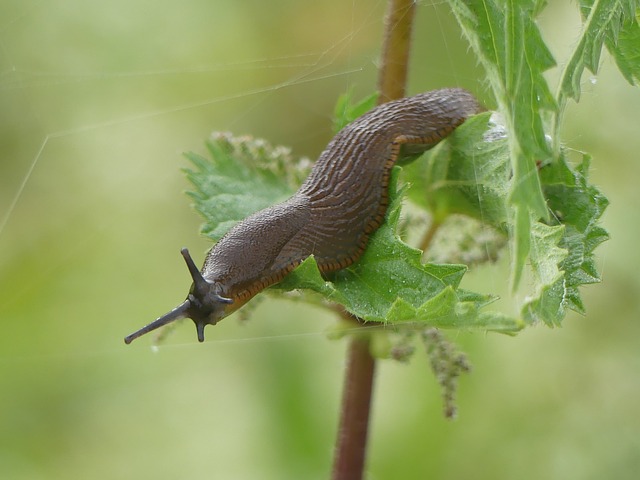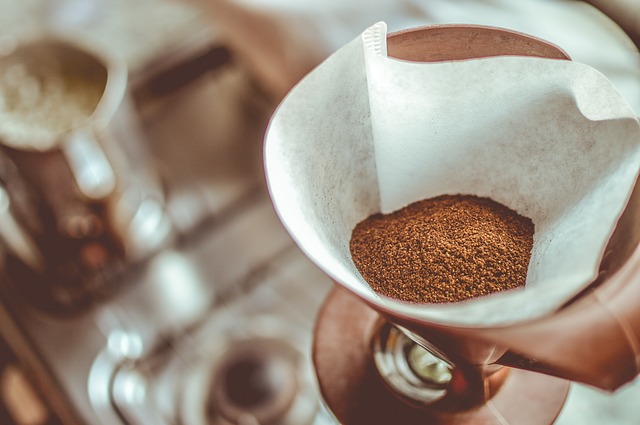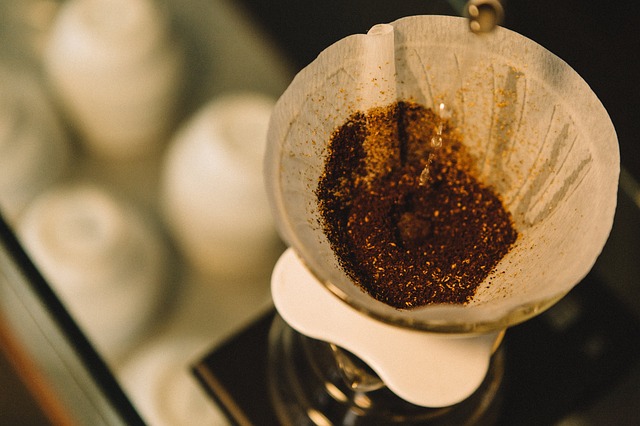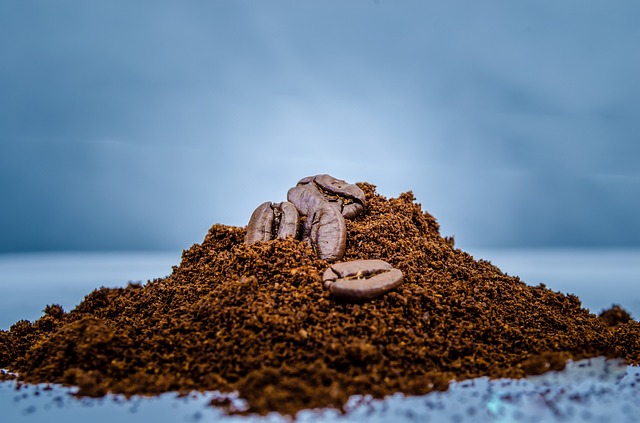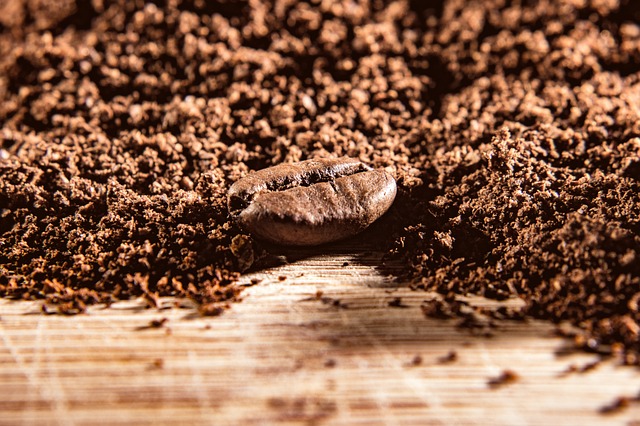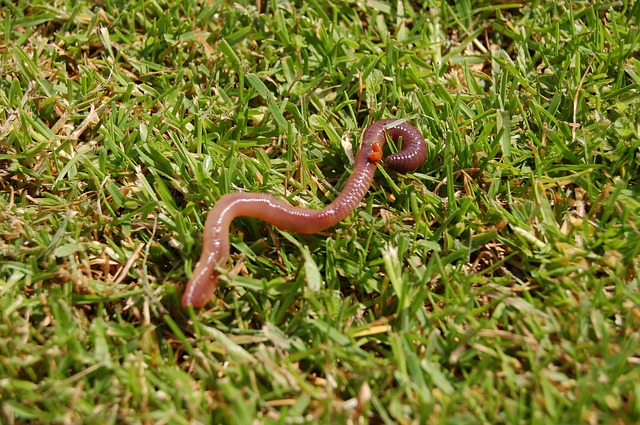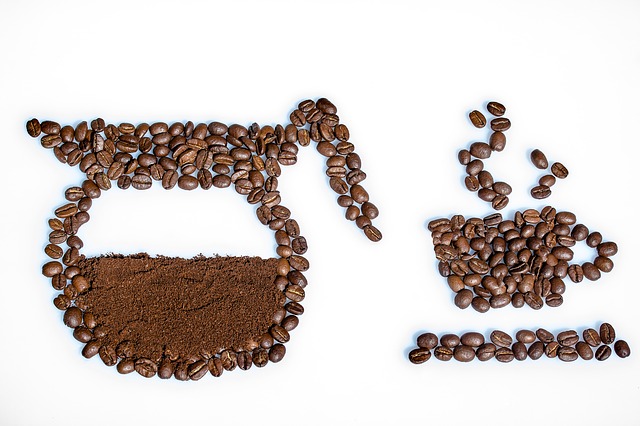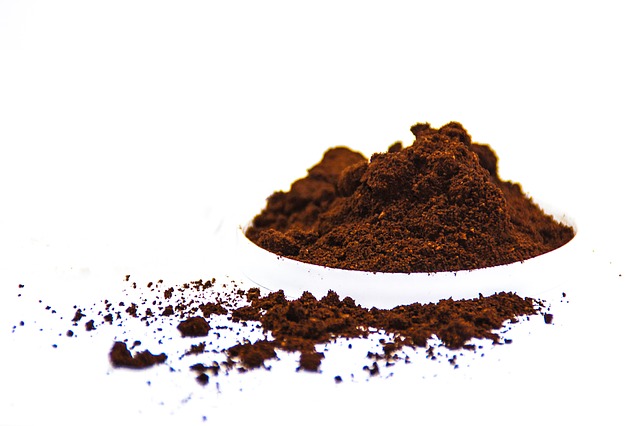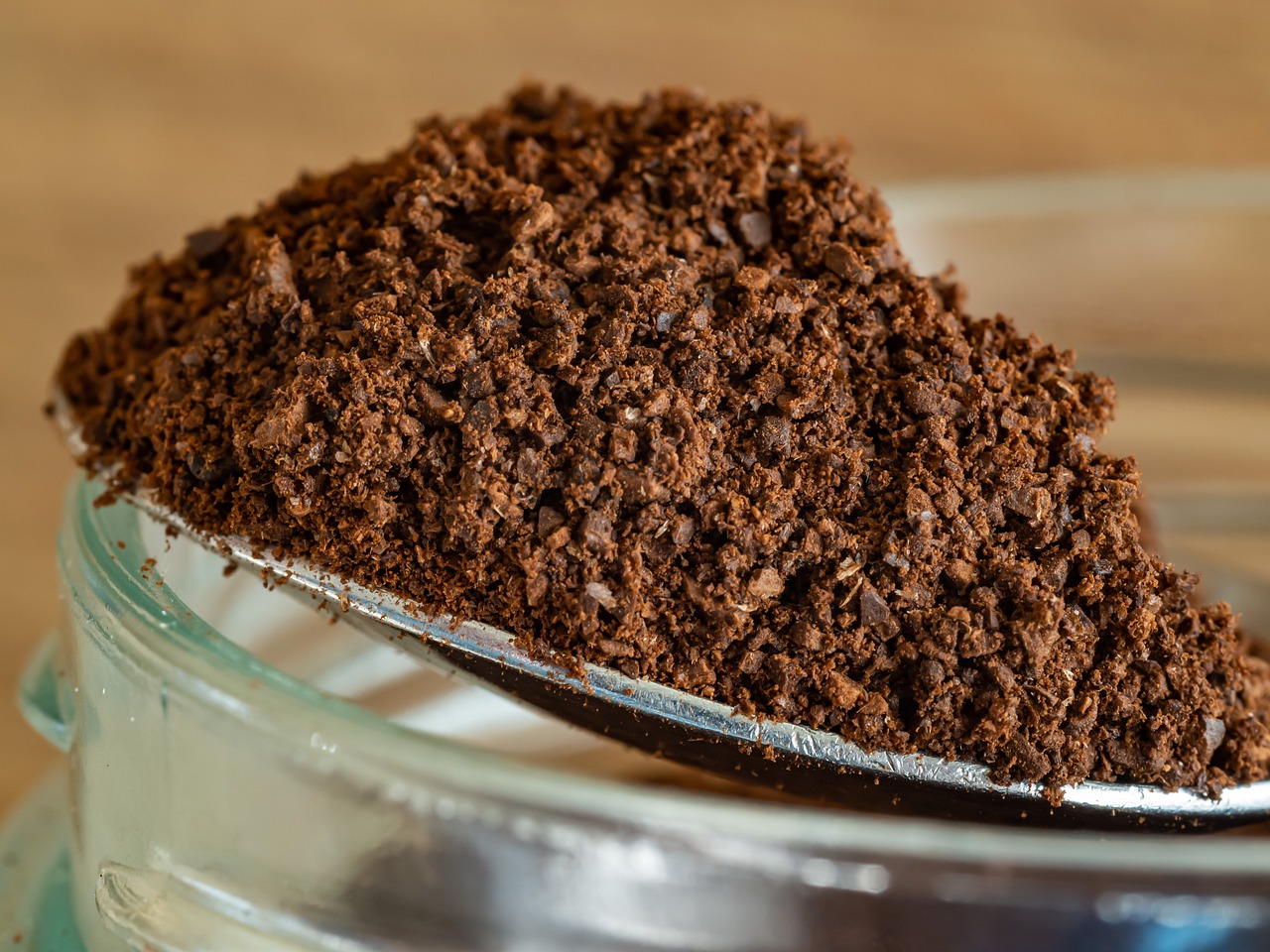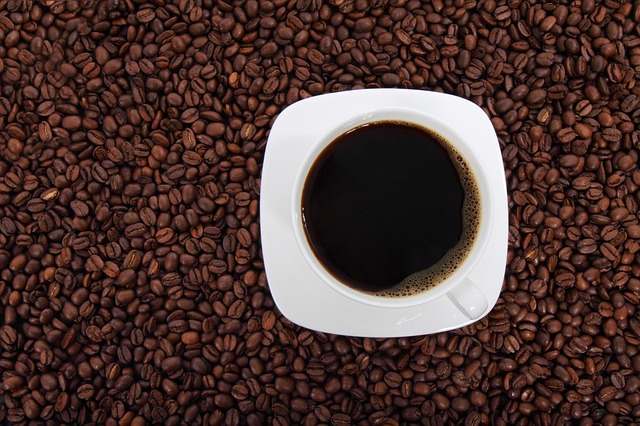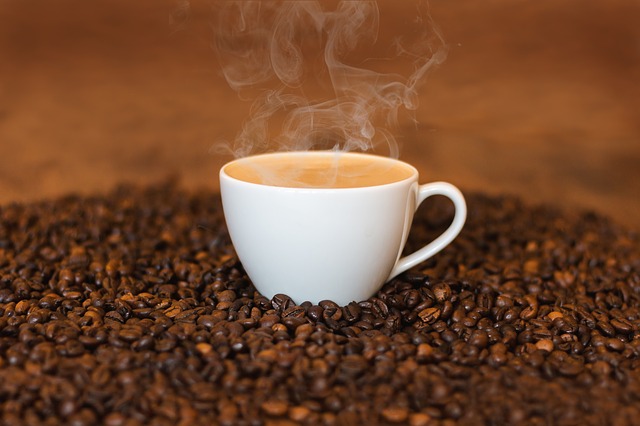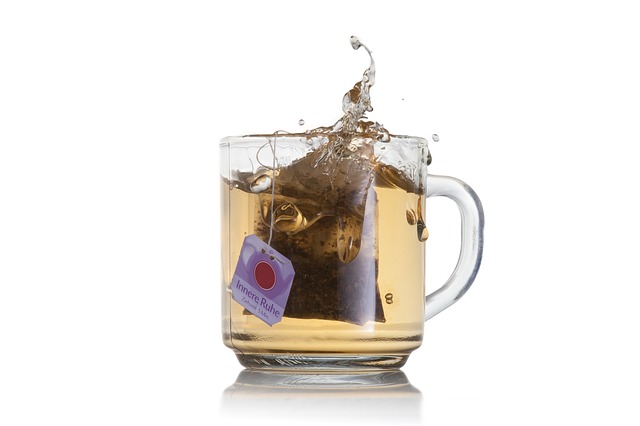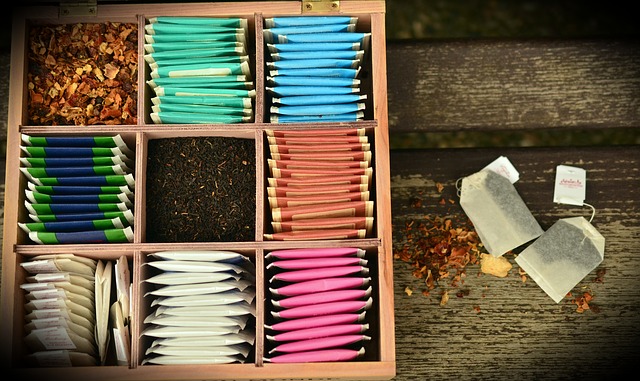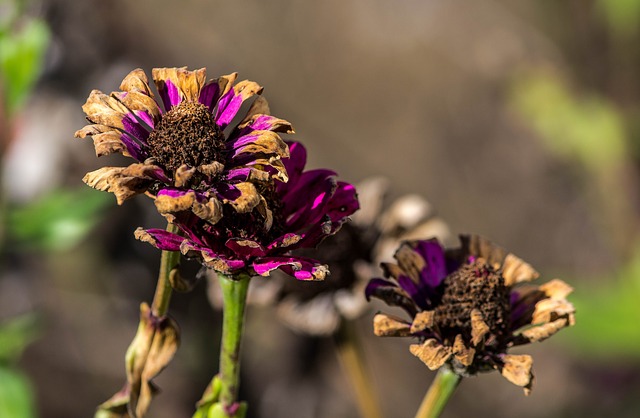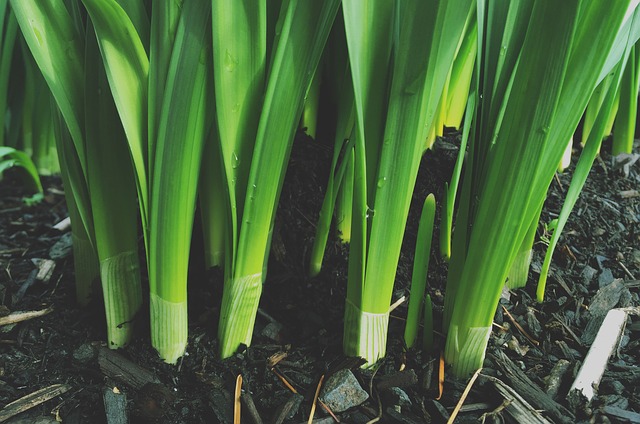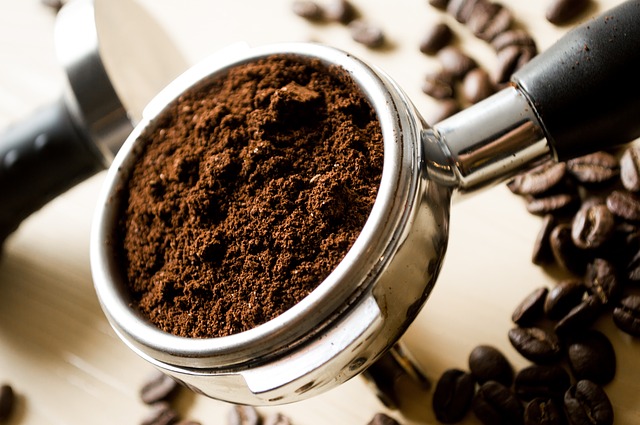
While using coffee grounds in the garden offers quite a few benefits, they can be slightly acid and therefore not appropriate for all plants. So which plants like coffee grounds? Here’s what you’ll need to know.
The Basics Of Coffee Grounds
Coffee grounds contain nitrogen, which is an essential element needed by all plants in order to make chlorophyll. It’s also vital for the proper growth and development of both tissues and cells. Their high nitrogen content and the fact that they’re all-natural means many gardeners use coffee grounds as fertilizer for their plants.
But since they can be slightly acidic, if you will be applying them regularly they can influence the pH of your soil making it more acidic as well. So while all plants can benefit from the nitrogen in grounds occasionally, they are often used for acid-loving plants in particular. Luckily there are many plants that love slightly or even a bit more acidic soil.
Coffee-Loving Plants
Popular garden flowers that will thrive in acidic conditions include such examples as marigolds, daffodils, and the famously fragrant lily of the valley. Of course, you’ll want to remember that while lily of the valley is safe to touch, it is poisonous when eaten. So it can be very dangerous for curious kids and pets.
Blue hydrangeas also require acidic soil, and without it they can lose their color. In fact, you can actually turn pink hydrangeas blue with coffee grounds since regular applications will increase soil acidity. Roses have their best blooms in slightly acidic soil and for this reason, many gardeners use coffee grounds for roses.
Shrubs such as azaleas, camellias, rhododendrons, magnolias, and Japanese Pieris also will do well when supplemented with grounds. Blueberries and strawberries both need acidity as well. And using coffee grounds for tomatoes will help to provide the soil conditions they need for optimal growth.
How To Apply Coffee Grounds For Plants
Regardless of how you apply your coffee grounds, you’ll always want to make sure you let them cool down to room temperature first to avoid killing helpful microbes and bacteria or even damaging the plants themselves.
Directly To The Soil
Before placing your plants in the ground you can mix a layer of coffee grounds into the soil about six to seven inches deep. If your plants are already in place, sprinkle a thin layer of coffee grounds around plants on top of the soil.
Adding a layer that is too thick, however, can end up blocking both water and air from reaching the roots of the plants below. By placing a couple of inches of mulch on top of the layer of grounds it will help them to break down faster giving your plants quicker access to the nitrogen they contain.
In The Compost
Placing your grounds in the compost is another option. By doing this, it gives the grounds time to break down and release their nitrogen and other benefits into the compost. After three or four months the compost can then be added as a layer on top of your garden soil.
When using coffee grounds in compost you’ll want to remember to limit the total amount of grounds used to twenty percent of your bin or pile for optimal benefits. And don’t forget to throw your paper coffee filters in the compost too.
Now that you know which plants like coffee grounds you can get started putting them to good use in your garden and cutting down on waste. Simply choose the method which is the most convenient for you.
Start Shopping for Gardening Supplies!
Does Copper Tape Stop Slugs?
Does copper tape stop slugs? The answer is yes. And you can use this simple solution to keep your plants safe from those slimy plant-eating pests. Repel Slimy Garden Invaders Without Harm Despite being relatively small and very slow-moving, slugs can do a lot of...
Coffee Grounds For Flowers
For many of us, there’s nothing we’d rather do than relax with a cup of coffee near the flower garden. Most people don’t realize however that the grounds used to make our coffee can help to increase the health and beauty of our garden. Here’s what you’ll need to know...
Coffee Grounds For Roses
Using coffee grounds for roses is a fabulous way to improve the health of your plants, helping them to produce those gorgeous flowers you’ve been dreaming of. But there are a few things you’ll need to know before getting started. Conditions Roses Prefer Roses do best...
Do Roses Like Coffee Grounds?
Do roses like coffee grounds? This is something many gardeners wonder about, especially since feeding roses coffee grounds has been a practice that’s been around a very long time. The answer is yes they do, and here’s what you’ll want to know. Roses And Acidic Soil...
How To Use Coffee Grounds For Grass
You’ll want to think twice before you toss your used coffee grounds in the trash every day. Those grounds can actually be used to feed and increase the health of your lawn. Here’s everything you’ll want to know about using coffee grounds for grass. Advantages Of...
Are Coffee Grounds Good For Grass?
Are coffee grounds good for grass? The answer is yes, so you may want to think twice before throwing away your used grounds after your morning cup of coffee. Instead, you can put them to work helping increase the beauty of your lawn. Benefits Of Using Coffee Grounds...
Are Worms Good For Your Lawn?
Despite their slimy looks worms are well-known for being very helpful in the garden. But are worms good for your lawn? You bet they are, and here’s why! Aeration As worms travel from place to place in the soil below your lawn, they create a maze of tunnels. And those...
How To Use Coffee Grounds For Snails
You don’t have to kill those annoying garden snails in order to keep them from eating your plants. In fact, you can use your morning coffee as a non-lethal weapon against them. When they come into contact with your coffee grounds snails will turn right around and...
How To Use Coffee Grounds For Ants
There are endless sprays and poisons you can use to get rid of ants. However, you won’t have to look any further than your morning cup of coffee if you’d like a repellent that doesn’t contain any harmful chemicals. By using coffee grounds ants will stay away and kids...
Coffee Grounds And Hydrangeas
While many people love their hydrangeas, they often would love them even more if they were blue. Luckily the grounds from your morning cup of coffee can help you to achieve those gorgeous blue blooms. Here’s what you’ll need to know about coffee grounds and...
Coffee Grounds For Worms
Worms are an extremely helpful component of any compost bin or pile, not to mention worm farms. And it turns your morning cup of coffee can contribute to their diet. Using coffee grounds for worms is an easy way to keep them from heading to the local landfill while...
Using Coffee Grounds In The Garden
Your morning cup of coffee can help you to not only start your day off right, but in the garden as well. The grounds used to make it have many important properties that are ideal for both plants and soil. By using your coffee grounds in the garden you’ll be able to...
Using Coffee Grounds In Compost
It’s estimated that over two billion cups of coffee are consumed around the world each and every day. And that’s an enormous volume of grounds which are used and then tossed in the trash. By using coffee grounds in compost instead, you can help cut down on waste and...
Used Tea Bags In The Garden
Many people don’t realize that once you’ve had a cup of tea, your tea bag can be used again in quite a few other ways. There are actually many great uses for used tea bags in the garden. And here are some of the best! Free Natural Fertilizer The tea leaves and...
Used Tea Bags In The Compost
The next time you have your daily cup of tea, you may want to think twice about throwing that tea bag in the trash. Instead of contributing extra waste to landfills, you can help the environment and your garden by placing used tea bags in the compost. But before you...
5 Eco-Unfriendly Things You Do That Kill Your Garden
Any budding gardener out there wants to do the best for their garden and their plants. But are you accidentally causing it harm? Here are five eco-friendly things you do that kill your garden: Buying Plants that Contain Pesticides You may not use pesticides yourself...
7 Reasons You Need to Start Gardening Now
Looking for a fun hobby to help you relax? Get outside and get to work in a garden. Gardening has a variety of benefits for your mental, physical and spiritual health. Wondering how tending to plants can help you tend to your health? Here are seven ways gardening can...
Quick Tips To Speed Up Compost Times
Compost is an excellent soil conditioner and natural fertilizer. However, it can take quite a while for it to break down into a form that you can use. Luckily there are a handful of simple things you can do to help speed up compost times without much effort. Size In...
6 Common Types Of Soil Deficiency And How To Solve Them
Unfortunately, not all soil has the nutrients that plants need to grow and thrive. In some cases, it may be lacking in one area or another and therefore need a boost. Here are the most common types of soil deficiency and the best ways to deal with each of them....
The Best Places To Find Free Composting Materials
Many people are interested in composting but feel like they don’t have access to enough organic materials. Luckily there are a range of places you can find free composting materials to get started or make your current pile bigger. Here are some of the best and easiest...
